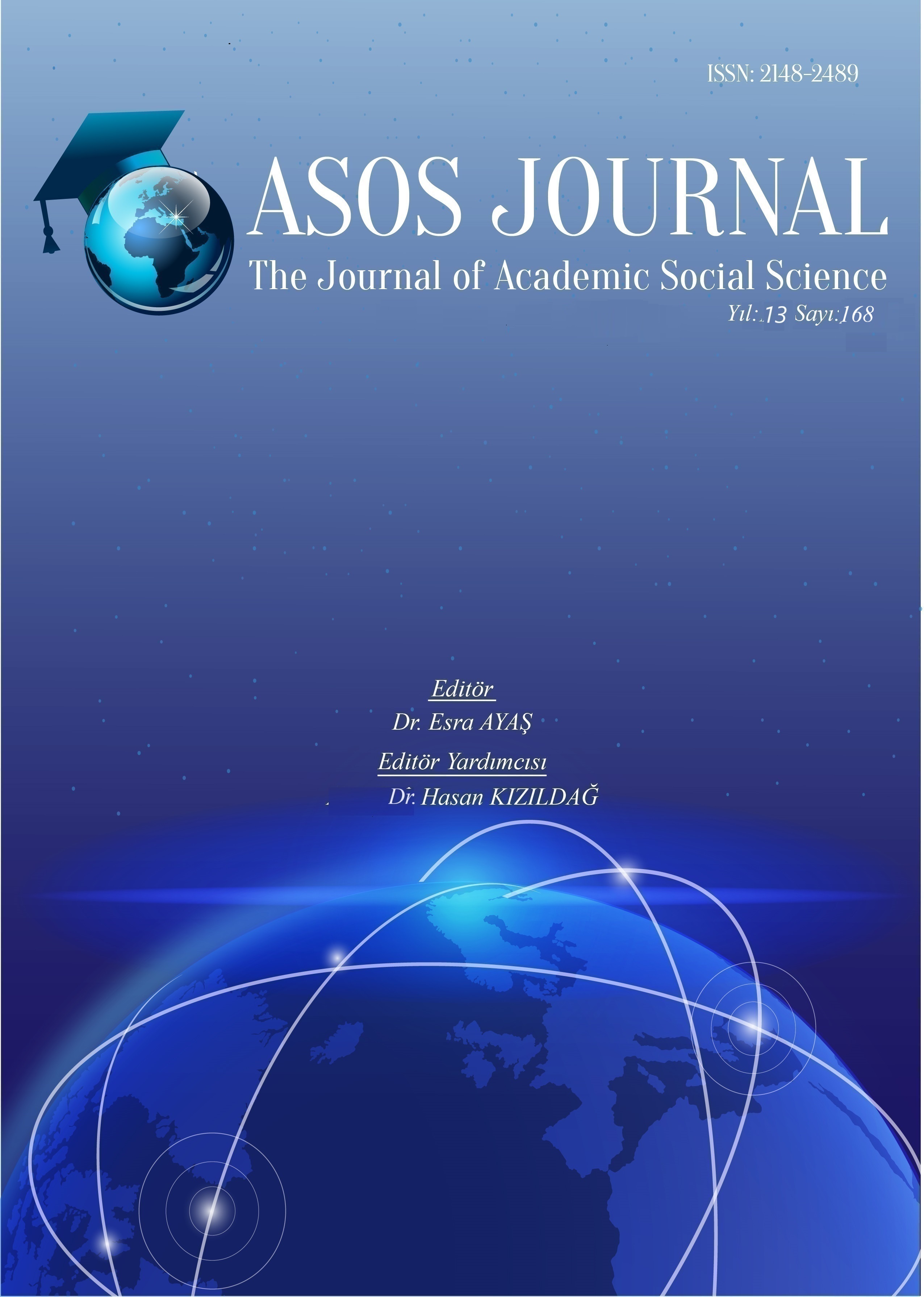İLERİ YETİŞKİNLİK DÖNEMİ ÖZELLİKLERİ BAĞLAMINDA FİLM ANALİZİ: HAYATA RÖVEŞATA ÇEKEN ADAM (A MAN CALLED OTTO)
Author :
Abstract
Yaşlılık, insan yaşamının döngüsü içerisinde biyolojik, psikolojik ve sosyal boyutlarıyla birçok kriz durumunun meydana geldiği bir süreçtir. Bu dönemde emeklilik, sosyal rollerde yaşanan değişiklikler, eş/evlat/arkadaş kaybı ve yalnızlık gibi durumlar yaşlı bireylerin yaşam kalitesini ve psikolojik iyi oluşunu derinden etkilemektedir. Bu makalede Hayata Röveşata Çeken Adam (A Man Called Otto) filmi, yaşlılık dönemine özgü psikososyal temalar çerçevesinde incelenmiş, analiz kapsamında özellikle yalnızlık, sosyal destek sistemleri, emeklilik ve eş kaybı gibi belirgin temaların yaşlı bireylerin psikolojik iyi oluş düzeylerine etkileri bağlamında değerlendirilmiştir. Film analizi kapsamında yaşlılık döneminde bireyin karşılaştığı kriz durumlarının bireyin kimlik algısı, yaşam doyumu ve anlam bulma çabası üzerindeki etkileri tartışılmıştır. Bu analiz, Erikson’un psikososyal gelişim kuramı, Kübler-Ross’un yas evreleri kuramı, Havighurst’ün gelişim görevleri kuramı, Frankl’ın logoterapi yaklaşımı, rol kaybetme kuramı ve yaşamdan geri çekilme (disengagement) kuramı çerçevesinde gerçekleştirilmiştir. Bu kuramsal temeller, filmde yansıtılan yaşlılık deneyiminin çok boyutlu yapısını anlamlandırmak ve çözümlemek adına bir zemin oluşturmuştur.
Keywords
Abstract
Aging is a stage in the human life cycle characterized by numerous crises involving biological, psychological, and social dimensions. During this period, experiences such as retirement, changes in social roles, the loss of a spouse, children, or friends, and loneliness can deeply affect the quality of life and psychological well-being of older individuals. This article examines the film Hayata Röveşata Çeken Adam (A Man Called Otto) within the framework of psychosocial themes specific to old age. The analysis focuses particularly on prominent themes such as loneliness, social support systems, retirement, and spousal loss, evaluating their impact on the psychological well-being of elderly individuals. Within the context of the film analysis, the effects of the crises faced during old age on the individual's sense of identity, life satisfaction, and search for meaning are discussed. This analysis is grounded in several theoretical frameworks, including Erikson’s theory of psychosocial development, Kübler-Ross’s stages of grief, Havighurst’s developmental tasks theory, Frankl’s logotherapy, role loss theory, and the disengagement theory. These conceptual foundations serve to contextualize and elucidate the complex and multidimensional nature of the aging experience as depicted in the film.





